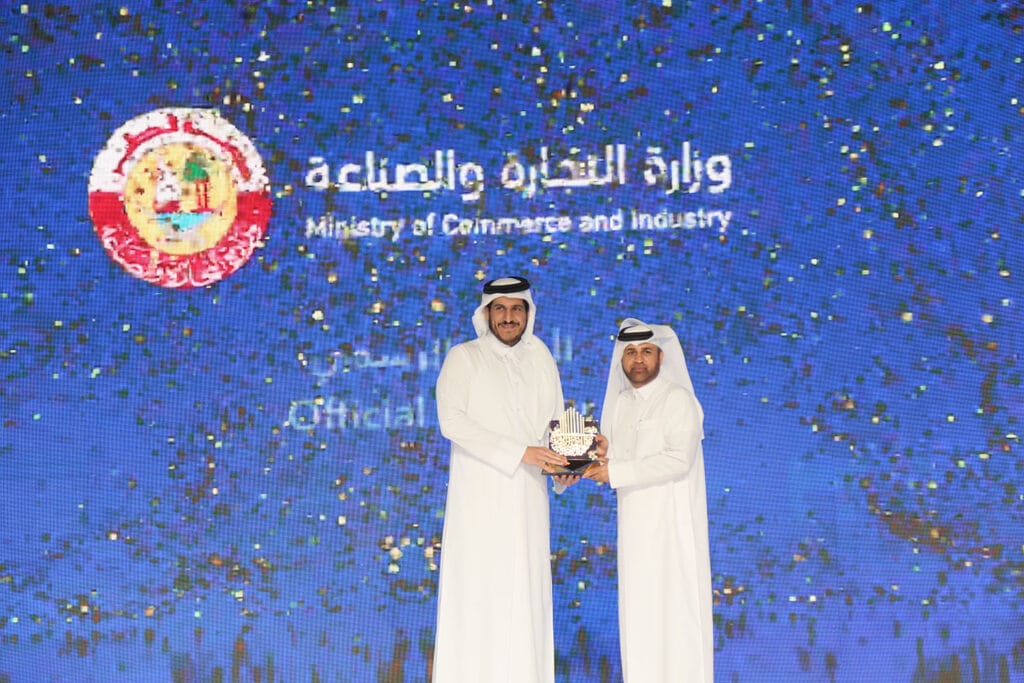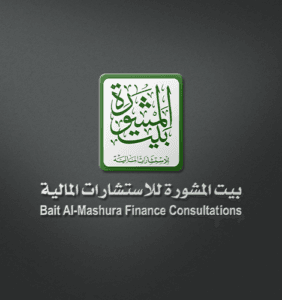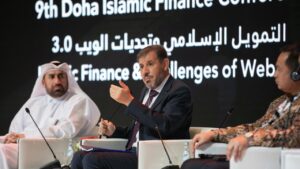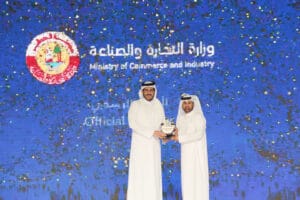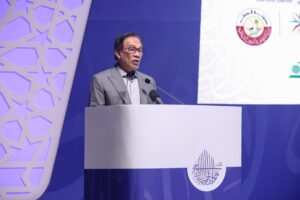The 8th Doha Islamic Finance Conference, held on March 15, 2022, in Doha, Qatar, was a landmark event in the evolution of Islamic finance. Under the patronage of His Excellency Sheikh Khalid bin Khalifa bin Abdulaziz Al Thani, Prime Minister and Minister of Interior, the official sponsorship of the Ministry of Commerce and Industry, and the partnerships of Dukhan Bank, the General Directorate of Endowments and Islamic Affairs, and Qatar Financial Center and Qatar Airways, the conference delved deeply into the swiftly changing landscape of digital finance and decentralization. Under the theme “Digital FinTech and Decentralization,” it provided a robust platform to discuss the intersections of technology, finance, and Shari’ah compliance.
A Groundbreaking Forum
Hosted in the heart of Qatar, the conference was distinguished by its prestigious strategic partnerships, including collaborations with the College of Sharia and Islamic Studies at Qatar University and the College of Islamic Studies at Hamad Bin Khalifa University. These alliances underscored the importance of bridging traditional Islamic finance principles with modern technological advancements.
The conference’s agenda revolved around four main themes: Supervisory Institutions and Decentralized Digital Financial Technology, Shari’ah Provisions Related to Decentralized Digital Financial Technology, Decentralized Digital Financial Products, and Experiments with Decentralized Digital Financial Technology. Each theme was explored through rigorous scholarly work and thought-provoking discussions.
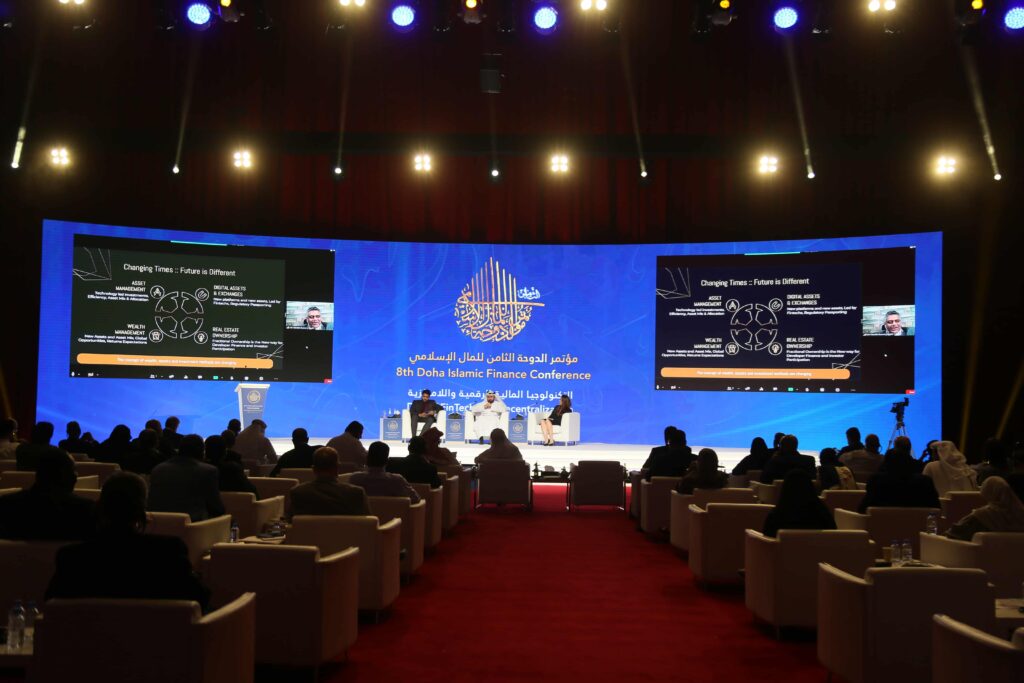
Key Takeaways and Recommendations
- Design and Legislation of Digital Finance: The conference highlighted the importance of designing, legislating, and implementing digital finance modules with rigorous adherence to Shari’ah principles. The integration of specialist knowledge ensures that these technologies serve legitimate purposes, prevent fraud, and respect the objectives of contracts and transactions.
- Shari’ah Adaptability: Islamic Shari’ah is equipped to handle contemporary financial innovations. The conference emphasized that traditional jurisprudential texts and legal principles are sufficiently robust to address the challenges posed by modern financial technologies. This adaptability reaffirms the relevance of Shari’ah in the face of new financial paradigms.
- Centralization vs. Decentralization: Centralization in financial governance, based on public interest, is a fundamental principle in Islamic finance. While the conference acknowledged that risks posed by decentralization, it also affirmed its benefits for traditional financial institutions. Decentralized finance fosters advancement of traditional financial institutions, improves transaction security and promotes effective dispute resolution.
- Balancing Risks and Benefits: Decentralized finance (DeFi) offers both opportunities and risks. The conference discussions stressed that while DeFi does not entirely replace traditional financial intermediaries, it can drive improvements in existing systems. Properly managed, DeFi can enhance the security and efficiency of financial transactions and record-keeping.
- Shari’ah Standards for FinTech: The conference recommended developing detailed Shari’ah standards specifically for digital financial technologies. While the existing jurisprudential rulings are foundational, a tailored approach is needed to address the unique aspects of FinTech.
- Governance and Shari’ah Control: The current systems for governing decentralized finance are not yet optimal for Shari’ah governance compliance. However, they provide a foundation upon which robust Shari’ah governance structures can be built, subject to periodic updates to stay aligned with technological advancements.
- Technological Integration: The fusion of blockchain technology, augmented reality (AR), virtual reality (VR), mixed reality (MR), and non-fungible tokens (NFTs) is expected to revolutionize the financial sector. Islamic financial institutions are encouraged to adapt their strategies to integrate these technologies, shifting from traditional intermediation to value-based approaches.
- Enhancing the Endowment Sector: FinTech innovations have the potential to transform the endowment (waqf) and welfare sectors by improving resource mobilization, management, and distribution. Enhanced transparency, trust, and operational efficiency are crucial for these sectors to thrive.
- Establishing a Shari’ah Studies Center: The conference proposed the establishment of an independent Shari’ah studies center focused on Islamic financial technology. This center would provide necessary provisions for emerging developments and encourage Islamic financial institutions to support its establishment. Additionally, universities are urged to include Digital FinTech as a specialization in their curricula.
The 8th Doha Islamic Finance Conference successfully highlighted the dynamic interplay between Islamic finance principles and digital technology. The recommendations set forth promise to guide the future of Islamic finance, ensuring that it remains relevant and robust in an evolving digital world.
The conference’s insights and recommendations offer a forward-looking perspective on how Islamic finance can navigate and leverage technological advancements while staying true to its foundational principles. As the financial landscape continues to evolve, the integration of Shari’ah-compliant FinTech solutions and a proactive approach to governance and education will be critical in shaping the future of Islamic fina

